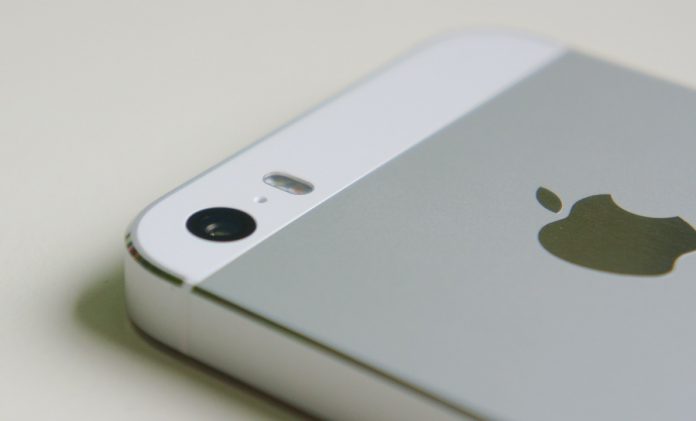Apple has once again said it won't break into an iPhone to help a criminal investigation. Cupertino has doubled down on its decision not to unlock a password protected device that belonged to a Florida shooter. Authorities are now likely to pursue another round of legal action against Apple.
Once again, the obligation of tech companies to hand data over when authorities demand it is in the spotlight. Investigators argue the data is needed for its case against Mohammed Saeed Alshamrani. In December, the Saudi-born Air Force cadet gunned down three people at the Naval Air Station in Pensacola, Fla.
Apple has been among a collection of tech giants who refuse to hand over data. Microsoft has been among those companies, arguing if the flood gates open authorities will pick and choose data at will.
However, Apple said it is helping the FBI in the Pensacola shooting case but won't unlock two iPhones.
“We reject the characterization that Apple has not provided substantive assistance in the Pensacola investigation,” the company said in a statement emailed to Threatpost. “Our responses to their many requests since the attack have been timely, thorough and are ongoing.”
Helping the Investigation
Indeed, Cupertino says it has handed “gigabytes of information” to the FBI. “We are continuing to work with the FBI, and our engineering teams recently had a call to provide additional technical assistance. Apple has great respect for the Bureau's work, and we will work tirelessly to help them investigate this tragic attack on our nation.”
Both the FBI and Attorney General William Barr have requested Apple unlock the iPhone 7 and iPhone 5 smartphones. They point to the crime as an act of terrorism.
“So far Apple has not given us any substantive assistance,” Barr said in a press conference Monday. “This situation perfectly illustrates why it is critical that investigators be able to get access to digital evidence once they have obtained a court order based on probable cause. We call on Apple and other technology companies to help us find a solution so that we can better protect the lives of Americans and prevent future attacks.”
Taking a Stand
Apple set a precedent in 2016 when the company refused to hand over user data from the San Bernardino terrorist to the FBI. Microsoft later found itself in a similar situation when it refused to hand over its data to authorities. Interestingly, the company's data was not even held in the United States.
In 2014, Microsoft initially complied with a government request for user data but then refused to release the data when the company found it was stored in Ireland. In a following suit filed through a District Court in Washington, Microsoft says that its customer have a right to know when the government uses a warrant to access data, such as emails and other information.






